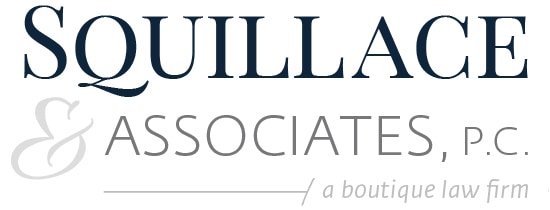Mary and Paul had been married for over 50 years. Lately, Paul’s health had begun to fail and he needed Mary’s assistance more and more. Their adult children all lived in different parts of the country, and were unable to help out on a regular basis. Mary was happy to do it. She loved her husband, but she also felt herself getting increasingly tired every day.
Like most married couples, Mary and Paul owned their assets in joint ownership. Their financial advisor assured them this would “avoid probate”, if one of them died. And when they opened new bank accounts or investment accounts, the teller or clerk just automatically titled them that way. And when they bought their house, the real estate agent instructed the title company on how to title the deed.
Mary knew that someday Paul might need to go to a long-term care facility and decided to see a lawyer to determine if there were any options she needed to consider. Upon reviewing Mary’s will and asset ownership, the attorney confirmed with her that if anything happened to either of them, the other spouse would automatically get everything because of the joint ownership.
Mary was pleased with this confirmation since that was their intent. The attorney, however, was not so confident. He explained to her that she was more at risk of dying than her husband because of the additional stress being put on her to care for her husband.
He continued to explain that, in many situations, when there is an ill spouse, the well spouse, who is often the main caretaker, has a much higher level of stress, often does not eat well or get enough sleep. Their health eventually fails too.
The ailing spouse, on the other hand, is in a much better position since they are getting all of their needs fulfilled through the caretaker spouse. In this case, he explained to Mary, that if something were to happen to her, Paul would be unlikely to be able to manage the assets alone. Plus, if he were being cared for in a nursing home due to Mary’s absence, all the assets going to Paul would likely be lost to pay for his care.
In addition, the same would occur if she owned everything in her own name, and left everything to her husband in her will. Mary was shocked and concerned. No one had explained that to her and she had not once considered it, but realized it was quite possible. Something could happen to her first, and all of their assets would be lost to her husband’s care, and no inheritance would be left for their children. Mary realized that she and Paul were not only facing health issues – they were facing financial issues as well.
Mary’s attorney went on to explain several ways that Mary could protect her assets and ensure that her husband gets the best care, should something to happen to her. The attorney explained a variety of revocable and irrevocable trusts, special needs planning, and Medicaid planning. Mary quickly realized that one thing all the planning solutions had in common was that they would require her to change the ownership of their accounts from joint ownership to some other form of ownership in order for the solutions to work. Mary marveled that she had actually allowed her bank teller and real estate agent to do estate planning for her, and understood that joint ownership is rarely the proper way to own assets.
Keep in mind that a number of states in the US have community property laws which can override actual legal title. No matter where you live, it is important to seek competent advice on these important property ownership issues.
